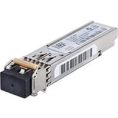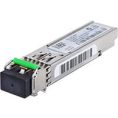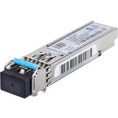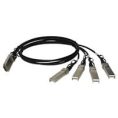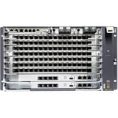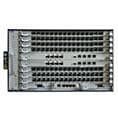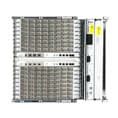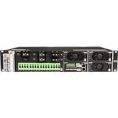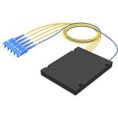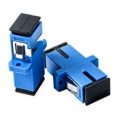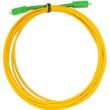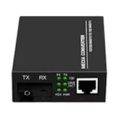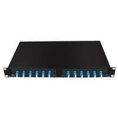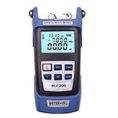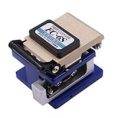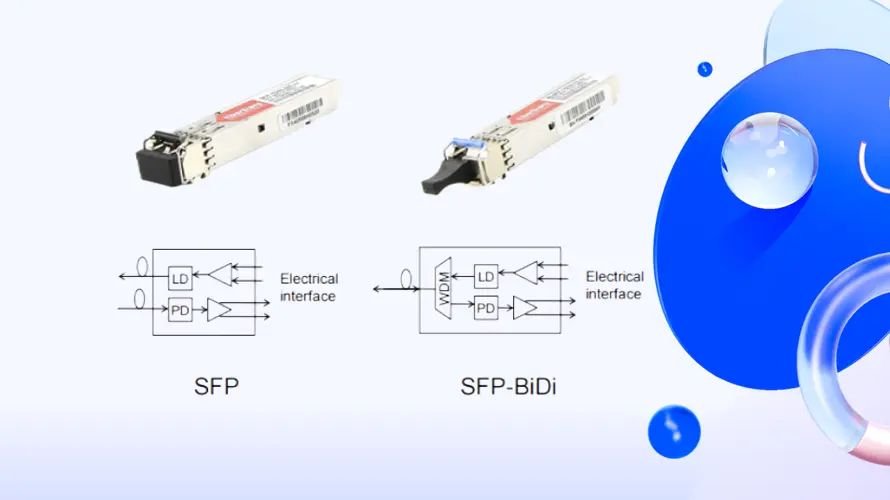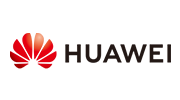SFP stands for Small Form-factor Pluggable. It refers to a compact, hot-pluggable transceiver module used in networking equipment for data communication.
BiDi SFP means bidirectional small form-factor pluggable transceiver. The most distinct characteristic of the bidirectional SFP transceiver is that it is able to achieve bidirectional fiber optic communication by operating on a single fiber. Based on WDM (Wavelength-Division Multiplexing) technology, BiDi optics are able to split different wavelengths of light paths through an integrated wavelength-division multiplexing splitter of BiDi SFP transceivers.
The key difference between common dual-fiber SFP (Small Form-factor Pluggable) transceivers and BiDi SFP (Bidirectional Small Form-factor Pluggable) can be concluded as follows:
Appearance – Common SFP has two separate ports Single-fiber, whereas BiDi SFP connector has only one port.
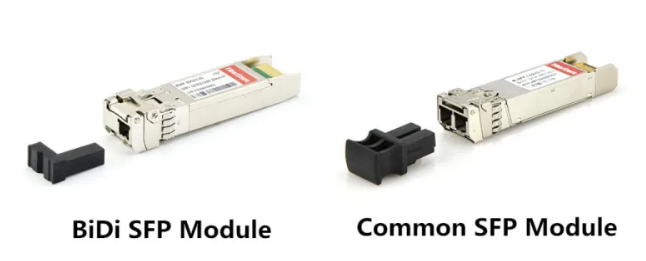
TX/RX signal – Common dual-fiber SFP needs two fibers, each port uses a dedicated fiber optic cable for communication, one for transmitting (TX) and another for receiving (RX) signals. Whereas BiDi SFP allows only a single fiber to achieve bidirectional fiber optic communication, to send data on one wavelength and receive it on a different wavelength simultaneously on the same fiber.
Usage – BiDi SFP must be used in pairs while common SFP needn’t. For example, Huawei SFP-GE-LX-SM1310-BIDI 1000BASE-BX-U (Tx1310nm/Rx1490nm) BiDi SFP must operate with Huawei SFP-GE-LX-SM1490-BIDI 1000BASE-BX-D (Tx1490nm/Rx1310nm) BiDi SFP.
Wavelength – All of the BiDi SFPs are characteristic with only single-mode wavelengths whereas common SFPs have both multimode wavelengths (such as 1000BASE-SX 850nm transceiver )and single-mode wavelengths (such as 1000BASE-LX/LH 1310nm transceiver).
In conclusion, choosing between BiDi SFP and common SFP depends on your specific needs and network configuration. If cost-effectiveness and simplicity are priorities, and compatibility with BiDi SFP is confirmed, it can be a good choice. However, if wider compatibility and potentially lower transceiver cost are more important, common SFP might be a better option.

